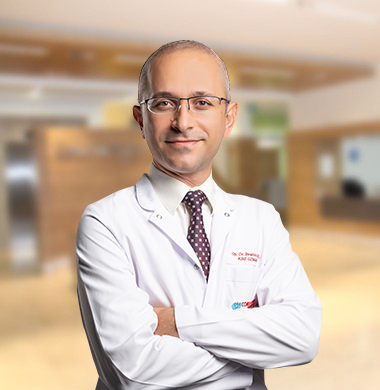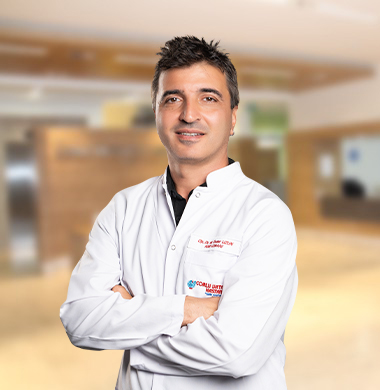
ENT Specialists diagnose and treat a diverse range of conditions affecting the ears, nose, sinuses, larynx (voice box), mouth, throat, and structures of the neck and face.
In our ENT clinic, we provide a broad spectrum of services, including:
- Tonsillar and Adenoid Diseases Surgery
- Hoarseness Diagnosis and Treatment
- Nose Surgery (Rhinoplasty)
- Endoscopic Sinus Surgery
- Diagnosis and Treatment of Adult and Pediatric Dizziness and Balance Diseases
- Surgical Treatment of Various Infections
- Laryngeal Disorders Surgery
- Nasal Disorders Surgery
- Diagnosis and Treatment of Vestibular System Disorders
- Snoring Diagnosis and Surgery, Including Laser Snoring Treatment





